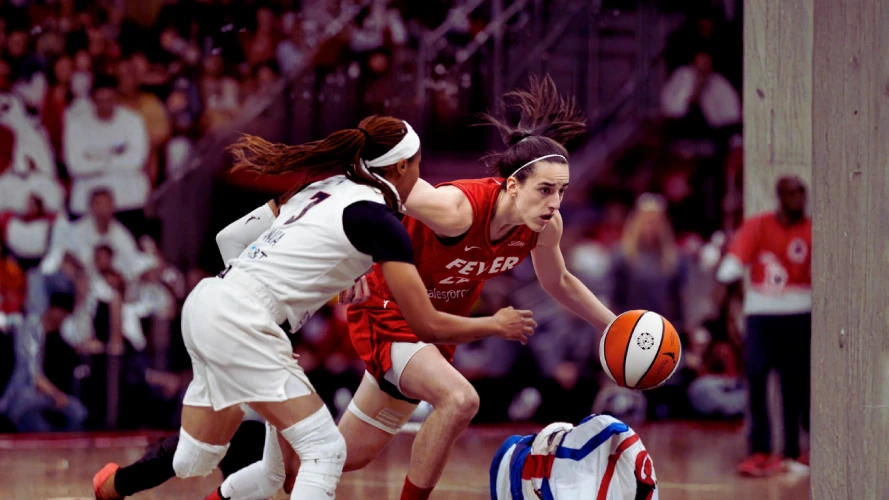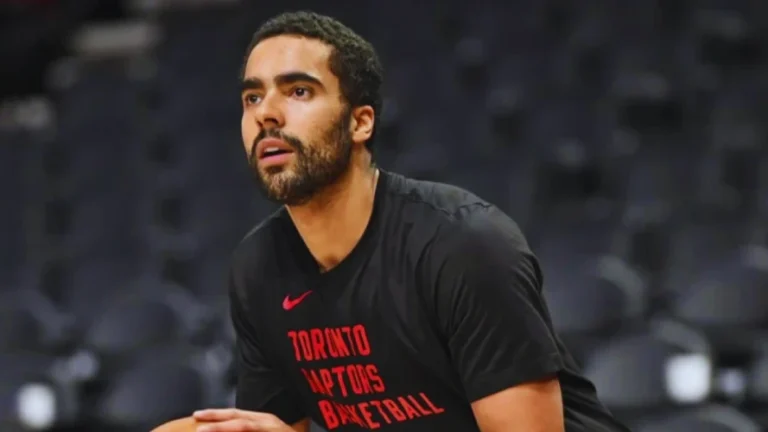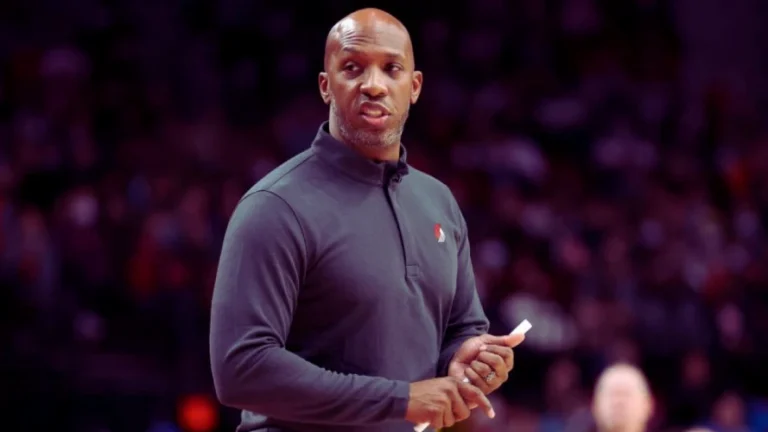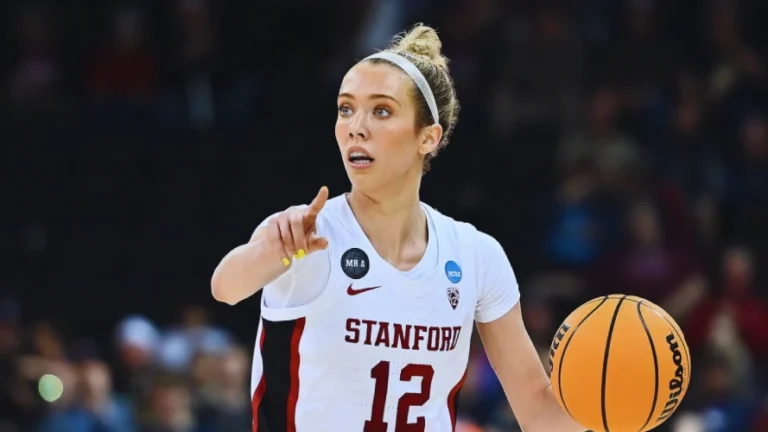Caitlin Clark has always been more than a basketball player. She is a movement, a brand, and a symbol of how far women’s sports have come and how far they are ready to go. On October 22, 2025, Forbes confirmed what millions of fans already knew: Clark is not only the face of women’s basketball but also one of the most influential figures in American sports. She was named the most powerful female athlete in the country and ranked fourth overall on Forbes’ first-ever list of the 25 Most Powerful Women in Sports—behind only three non-athletes. For a rookie who entered the WNBA just a year earlier, this recognition marks a shift in how the world now views female athletes.
Clark’s financial success tells its own story. During her rookie season with the Indiana Fever, she earned an estimated $8.1 million. Her base WNBA salary of $76,535 was only a fraction of her total income, showing just how much her influence extends beyond the court. Endorsement deals with Nike, Wilson, and Gatorade carried her into an entirely new financial realm for women in sports. Nike’s eight-year, $28 million contract made her one of the highest-paid endorsers in basketball, while Wilson’s deal introduced a signature basketball line, the first of its kind for a female athlete in decades. Gatorade’s ongoing partnership, first formed during her college career, not only elevated her visibility but also funneled support toward her foundation, strengthening her role as both athlete and philanthropist.
Clark’s other endorsements expanded her reach even further. State Farm and Gainbridge added to a growing list of partners eager to align with her authenticity and impact. Her bonus earnings from Rookie of the Year honors, All-WNBA First Team recognition, and various event appearances cemented her status as one of the most marketable players in modern sports.
But it is the broader cultural ripple, often called the “Caitlin Clark effect,” that truly defines her power. In 2024, WNBA television ratings jumped by 300 percent, and ticket sales shattered records. The Indiana Fever sold out games nationwide, forcing other franchises to relocate matchups to larger venues when Clark came to town. Her jerseys became best-sellers, and league merchandise sales soared by more than 500 percent. In one year, she turned every arena into a stage and every broadcast into an event.
This momentum is not just about fandom it’s about transformation. Clark’s influence has reignited conversations about fair pay, visibility, and opportunity for women athletes. Her commercial value has exposed the financial imbalance between men’s and women’s leagues, forcing institutions to rethink how they measure worth. The WNBA Players Association’s decision to opt out of its collective bargaining agreement after the 2024 season was, in part, inspired by the wave of attention she helped create. Her presence has not only lifted the league but also accelerated its evolution toward a new economic era.
Caitlin Clark’s rise reflects something larger than athletic achievement. It embodies the intersection of excellence, authenticity, and cultural change. She represents the new reality where female athletes are not just part of the conversation they are driving it. Her image now transcends basketball courts and advertising campaigns, standing as a beacon for every young athlete who dares to believe that talent and hard work can rewrite the rules.
From Iowa to Indiana, from NCAA history books to WNBA arenas, Clark’s journey has carried the momentum of a revolution. She has filled seats, broken viewership records, and shifted the economics of women’s sports in ways few thought possible. Her power lies not only in her shot-making or court vision but in her ability to draw people together to make women’s basketball not just a sport to watch, but a movement to join.
The Forbes recognition is not just a title; it is confirmation. Caitlin Clark has redefined what it means to be powerful in modern sports. She is not chasing influence it follows her. And in doing so, she has proven that women’s basketball is not an afterthought, but the future.




